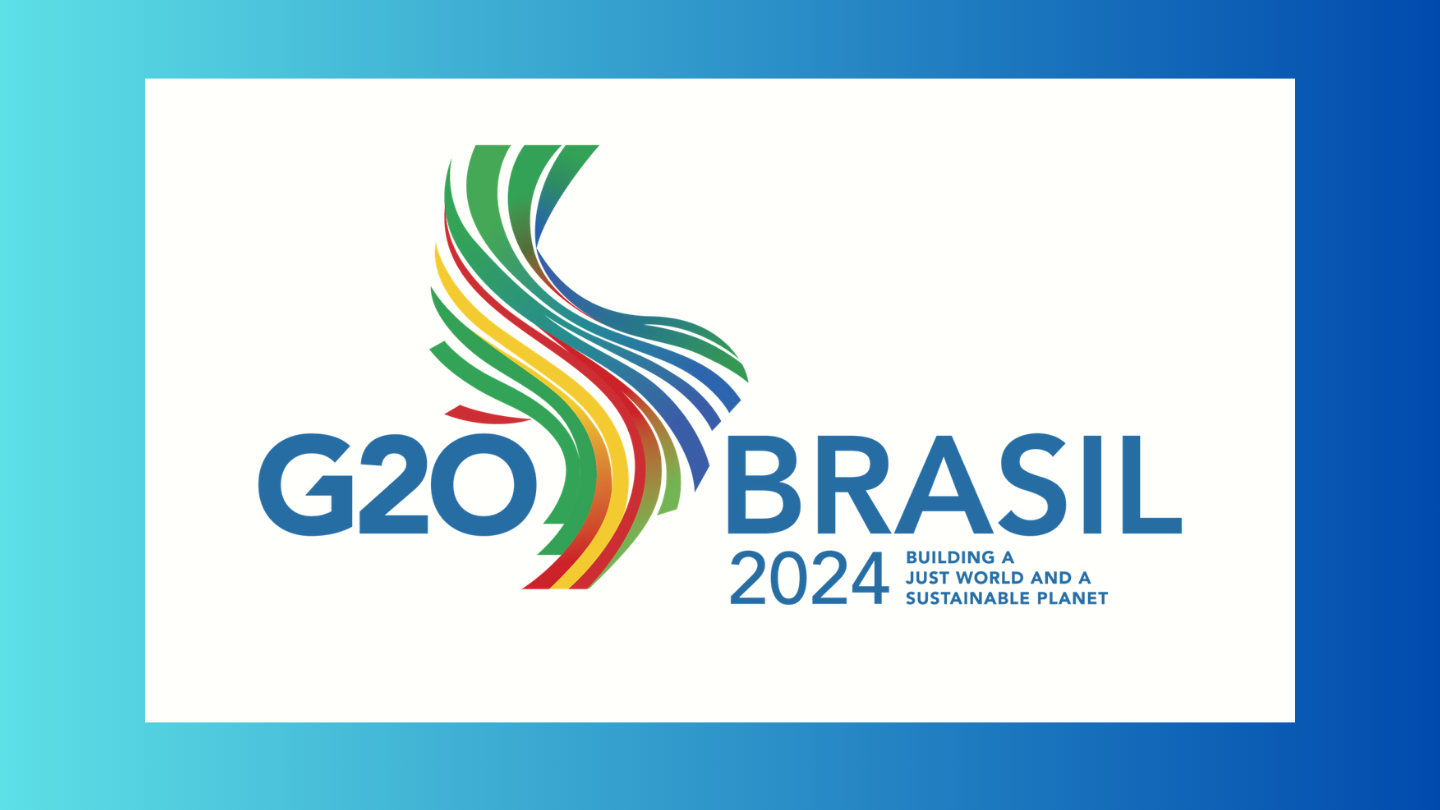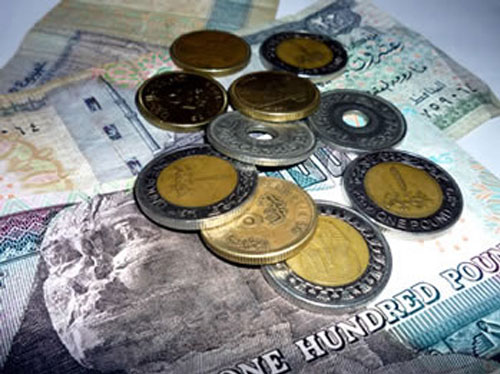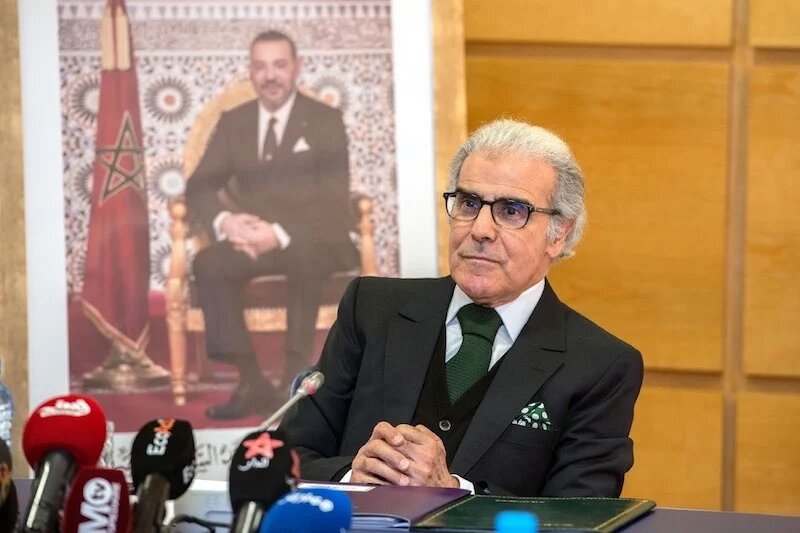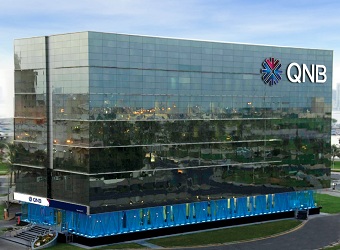As finance ministers and central bank governors of the G20 convene in Brazil this week (25-26 July), high on the agenda will be the International Monetary Fund’s (IMF) strategy to tackle Africa’s debt challenges, particularly the critical need for sustainable debt management and economic reforms.
The IMF heads to Brazil G20 on a mission to get unsustainable debt under control, notably in Africa, to provide financial stability and support economic growth in the region. Citing specifically the recent protests in Kenya, IMF aims to focus on creating solutions to help African countries manage their debts more effectively and sustainably. The outcome of these discussions in Rio de Janeiro will have significant implications for Africa’s economic future. During a recent side event held in the Brazilian city of Fortaleza, Olivier Pognon, president of the African Legal Support Facility (ALSF), said that the continent is facing challenges as a result of the global financial crisis. ALSF is an organization dedicated to strengthening African countries’ capacity to deal with foreign debt.
Pognon, a Beninese lawyer, stressed the need for reform of the global financial architecture, an idea that is aligned with the Brazilian president’s priorities. “We are talking about Africa today, but there is a global crisis in the international financial architecture, in terms of revenue, fiscal and budgetary issues all around the world,” he argued. Pognon also pointed out that since Africa is responsible for only 4% of the factors aggravating the world’s climate crisis, the impacts of natural disasters on African countries need to be taken into account by global financial institutions, and he thus advocates an increase in concessional credits for the region. To that end, “Africa is a critical part of the equation when it comes to global financial architecture reform,” said Mariana Davi, a member of the forum’s Finance Track team, who, therefore, advocated for “greater participation and representation of African countries in international financial organizations.”



